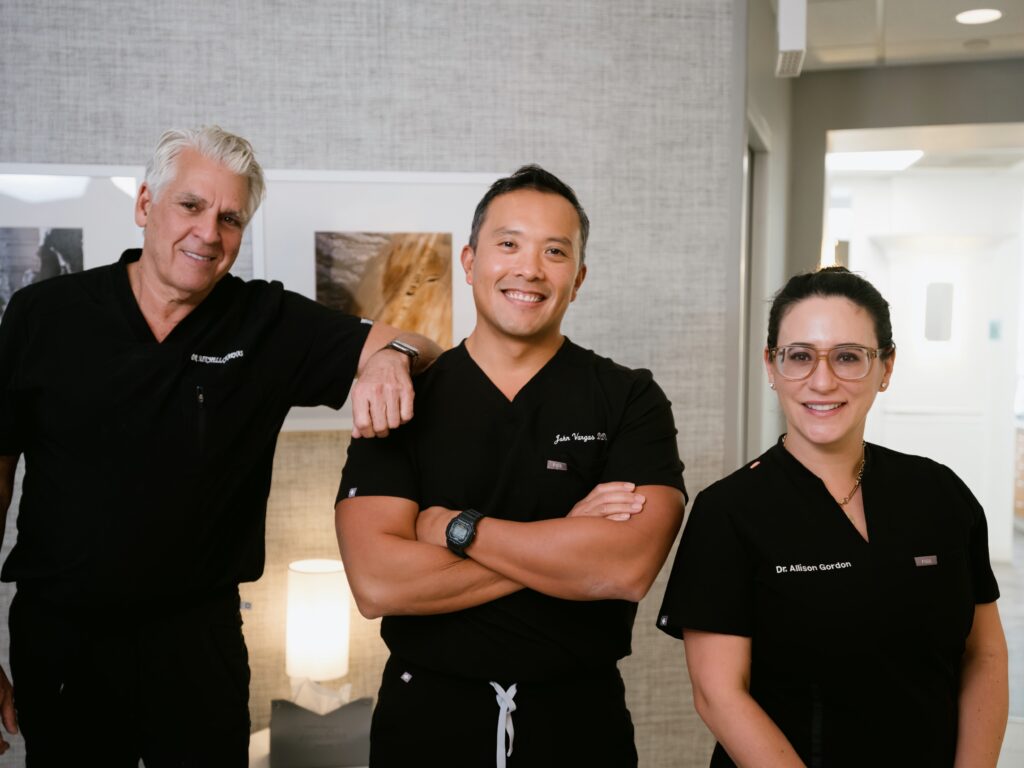TMJ (temporomandibular joint) disorder occurs when the joint connecting your lower jaw to your skull becomes inflamed, misaligned, or even dislocated. This common condition can cause significant pain and discomfort, affecting your ability to chew, speak, and even sleep. But can TMJ disorder be permanently treated? Let’s explore the treatment options, prevention strategies, and what it takes to achieve lasting relief.
Signs and Symptoms of TMJ Disorder 🔍
If you experience any of the following symptoms, you might be dealing with TMJ disorder:
- Jaw Pain: Discomfort near the joint area, especially when opening and closing your mouth.
- Limited Jaw Movement: Difficulty opening your mouth fully or misaligned bite.
- Ear Pain: Pain that radiates into your ear due to the joint’s proximity.
- Cheek Pain: Soreness in the facial muscles from inflammation.
- Popping/Clicking Sounds: Unusual sounds when moving your jaw, indicating possible disk displacement.
- Headaches: Frequent headaches, particularly in the temple region.
- Difficulty Chewing: Pain while biting or chewing hard foods.
Treatment Options for TMJ Disorder 🛠️
1. Home Remedies 🏡
- Ice Therapy: Apply ice packs to the jaw to reduce swelling.
- Rest & Avoid Overuse: Limit activities that strain your jaw, like excessive chewing or speaking loudly.
- Over-the-Counter Medications: Use anti-inflammatory pain relievers like ibuprofen to manage discomfort.
2. Professional Medical Interventions 🩺
If home remedies don’t bring relief within a week, it’s time to see a dentist. Treatment may include:
- Prescription Medications: Stronger anti-inflammatory drugs or muscle relaxants.
- Botox Injections: To relax overactive jaw muscles and relieve tension.
- Stabilization Splints: Custom mouthguards to reduce teeth grinding and clenching during sleep.
3. Surgical Options 🔪
In rare, severe cases where other treatments fail, surgery may be considered to realign or reconstruct the TMJ. Surgery is always a last resort after other options have been exhausted.
Preventing TMJ Disorder from Recurring 🔒
The key to long-term success is addressing the root cause:
- Manage Bruxism: Wear a custom mouthguard at night to stop teeth grinding.
- Modify Habits: Reduce excessive gum chewing or wide jaw movements (like shouting or yawning widely).
- Lifestyle Changes: Lower stress through relaxation techniques such as meditation or yoga, which can reduce muscle tension around the jaw.
By consistently following these preventive measures, you can significantly lower your risk of recurrent TMJ issues.
Manhattan Dental Spa Provides Lasting TMJ Treatment
At Manhattan Dental Spa, we specialize in providing personalized TMJ treatment options tailored to your unique needs. Our experienced team is committed to helping you achieve lasting relief and improved quality of life. Whether through non-invasive home remedies, professional interventions, or, as a last resort, surgical treatments, we’re here to help you manage your TMJ disorder effectively.
📞 Call our Murray Hill, NYC office at 212-683-2530 or contact us online to schedule your consultation today!



